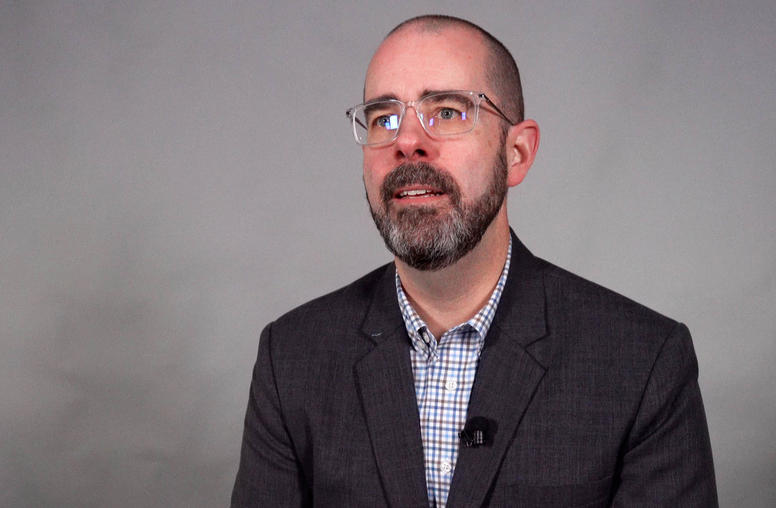Challenges and Dilemmas Facing Liberal Muslim Thinkers
Public event sponsored by the Middle East Program of the Woodrow Wilson Center and the Muslim World Initiative of the United States Institute of Peace
Many thinkers and activists in the Middle East in particular argue that a fundamental reinterpretation of Islamic values is a necessary precondition for real and sustained political reform. Such a transformation has long been advocated by a diverse group of Islamic modernists or Islamic liberals, some of whom have made the case for a veritable reformation of Islam. Today, however, Islamic liberals find themselves isolated between the hammer of state enforced autocracy and the anvil of Islamist radicalism. Moreover, they suffer from a regional and international context that is increasingly defined by escalating concerns—a context that is hardly propitious to their efforts.
To better appreciate the challenges and dilemmas facing Islamic liberals, the Middle East Program of the Woodrow Wilson Center for International Scholars and the Muslim World Initiative of the United States Institute of Peace will host a talk by Dr. Abdou Filali Ansari, one of the Arab world's most prominent—and in some ways controversial—advocates of Islamic liberalism. Commenting on Dr. Ansari's presentation will be Dr. Daniel Brumberg, a scholar of political reform in the Muslim world and acting director of the Muslim World Initiative. Chaired by Haleh Esfandiari, director of the Woodrow Wilson Center's Middle East Program, this promises to be a fascinating discussion. Please join us.
Speakers
- Abdou Filali Ansari
Aga Khan University, United Kingdom - Daniel Brumberg, Discussant
United States Institute of Peace - Haleh Esfandiari, Chair
Woodrow Wilson Center



